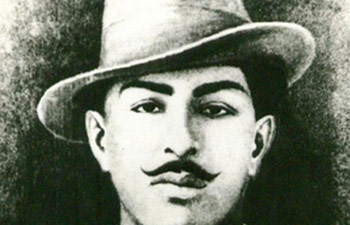Italian researchers have claimed that they have successfully developed a vaccine to contain coronavirus (COVID-19) which is likely to work on humans, a report said.
Luigi Aurisicchio, CEO of Takis, the firm developing the medication, said that a coronavirus candidate vaccine has neutralised the virus in human cells for the first time, the Arab News reported.
"This is the most advanced stage of testing of a candidate vaccine created in Italy. Human tests are expected after this summer," Aurisicchio was quoted as saying to Italian news agency ANSA.
"According to the Spallanzani Hospital, as far as we know we are the first in the world so far to have demonstrated neutralisation of the coronavirus by a vaccine. We expect this to happen in humans too," he added.
The researchers experimented with the vaccine on mice that had successfully developed antibodies that blocked the virus from infecting the cells. They further observed that the five vaccine candidates generated a large number of antibodies, and selected two with the best results.
All of the vaccine candidates currently being developed are based on the genetic material of DNA protein "spike", the molecular tip used by the coronavirus to enter human cells.
They are injected with the so-called "electroporation" technique, which consists of an intramuscular injection followed by a brief electrical impulse, helping the vaccine break into the cells and activating the immune system, the report said.
Researchers believe that this makes their vaccine particularly effective for generating functional antibodies against the "spike" protein, in particular in the lung cells, which are the most vulnerable to coronavirus.
"We are working hard for a vaccine coming from Italian research, with an all-Italian and innovative technology, tested in Italy and made available to everyone," Aurisicchio was quoted by the Arab News report.
"In order to reach this goal, we need the support of national and international institutions and partners who may help us speed up the process," he noted.
The total number of COVID-19 infections, fatalities and recoveries since the pandemic began has risen to 213,013 in the country.
 Kaur, 96, was the only surviving member of the martyr's immediate family. She was living in Toronto.
Kaur, 96, was the only surviving member of the martyr's immediate family. She was living in Toronto.





Comments
Add new comment